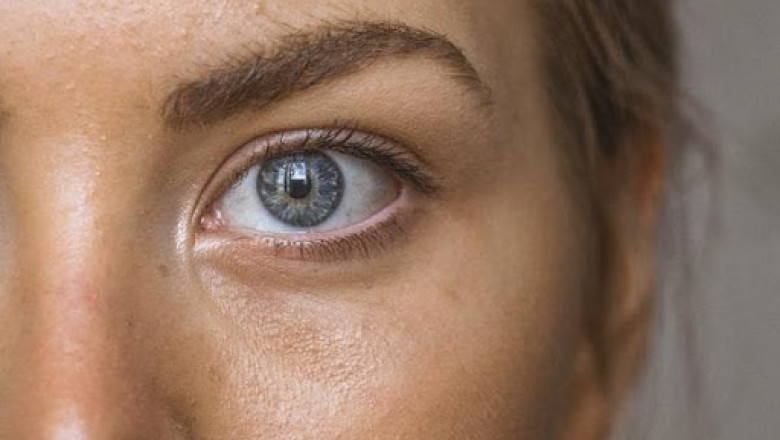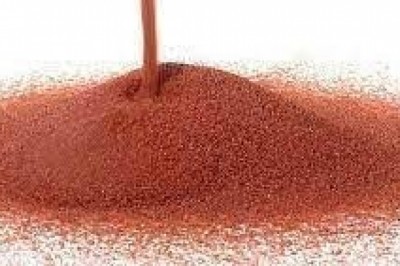views

There are many benefits to using a humidifier, especially during the winter months. A humidifier can help to relieve congestion and coughing, keep your skin from drying out, and even help you get a better night's sleep. In order to know if you need a humidifier, you should first understand the humidity levels in your home. The ideal humidity level is between 30-50 percent. If your home falls below 30 percent, then you may experience dry skin, static electricity, and difficulty breathing. If your home is above 50 percent, then you may experience condensation on windows and walls, as well as mold growth.
Humidifiers take water and release it as a mist, adding moisture back into dry air. Cold weather naturally saps this moisture from the environment, causing problems like dry skin, frequent colds, and even cracking wooden furniture. A humidifier can help to bring the humidity level up to the optimal range and improve your overall quality of life. Let's take a closer look at how to know if you need a humidifier.
Dry and Itchy Skin
One of the best ways to tell if your humidity levels are off is to take a look at your skin. If you notice that your skin is feeling dry, itchy, or flaky, that’s a good indication that your home’s humidity levels are too low. This can not only be uncomfortable, but it can also lead to skin conditions like eczema and psoriasis. Instead of turning to body lotion, you might consider a humidifier. A humidifier can help alleviate skin issues by adding moisture back into the air.
Congestion and Nose Bleeds
When the humidity levels are low, the air is drier, and your nasal passages can become dry. This can cause you to become congested. You may notice this particularly in the morning or at night. Dry air can wreak havoc on your nose and lungs and make existing conditions worse. Asthma or other respiratory conditions can become aggravated. To help keep your nasal passages moist and combat congestion, you can use a humidifier.
Low humidity can also cause out-of-the-blue nose bleeds. When the environment lacks moisture, the nasal membranes can become dry and irritated, leading to a nose bleed. This is especially common in the winter when the air is dry, and people spend more time indoors. A humidifier can help alleviate nose bleeds due to low moisture levels in the air.
Too Much Static Electricity
Static electricity is a common problem in dry climates. It can cause shocks when you touch metal objects, and it can make your hair stand on end. Though higher levels of static electricity in your house are more annoying than problematic, in some cases, too much static might disrupt or destroy electronics. You can reduce the amount of static electricity in your home by using a humidifier. A humidifier can help to keep the air moist, which will block static electricity from building up in your home.
Poor Sleep Quality
Air that is too dry may make it difficult to sleep. When the humidity levels are too low, it can make it harder to breathe at night, contributing to respiratory infections and irritating airways in the nose and throat. People often notice that sleeping in a space with dry air irritates their eyes and makes everything feel itchy. If you are experiencing these symptoms at night, it might mean that you need a humidifier.
It is important to understand the signs and symptoms of low humidity in your home. Having the appropriate amount of moisture in the air is beneficial for your physical health and well-being. Humidity helps to regulate your body temperature, moisturize your skin and hair, and protect you from bacteria and viruses. Some studies even show that it can help improve your mood and relieve stress. If you notice that your skin is dry, you suffer from random nose bleeds, or you can't sleep at night because it is difficult to breathe, you may need to consider adding a humidifier.












